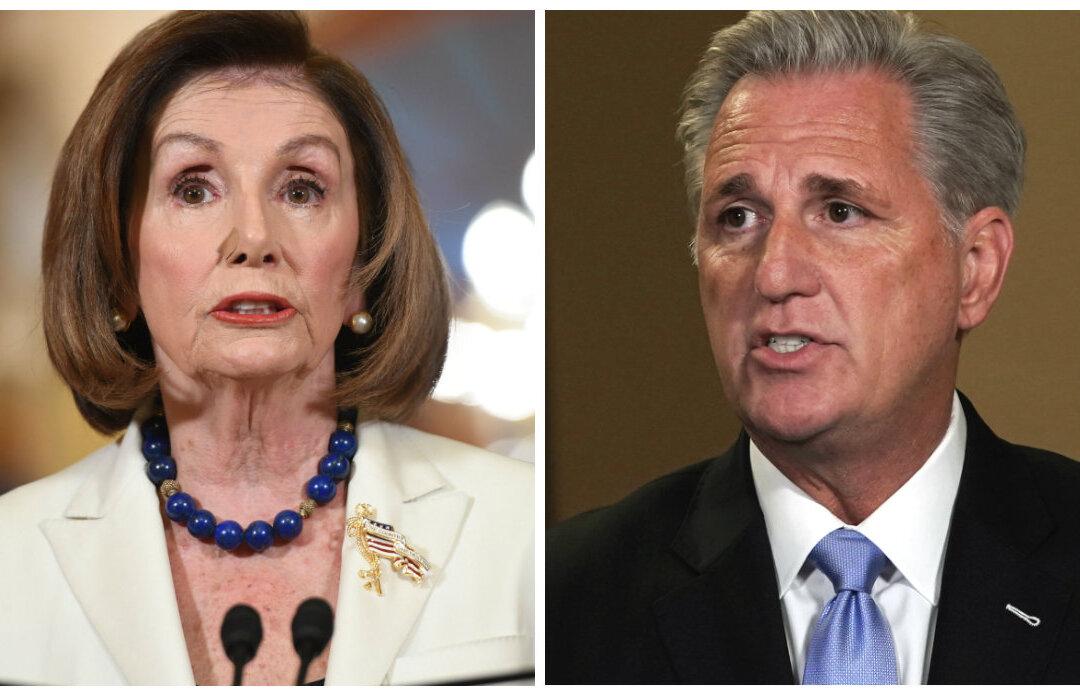House Minority Leader Kevin McCarthy (R-Calif.) said that House Speaker Nancy Pelosi (D-Calif.) might not be reelected to that leadership position because of a smaller Democratic majority.
Republicans took eight seats—flipping seven previously held Democratic seats and one held by an independent—in the election.





